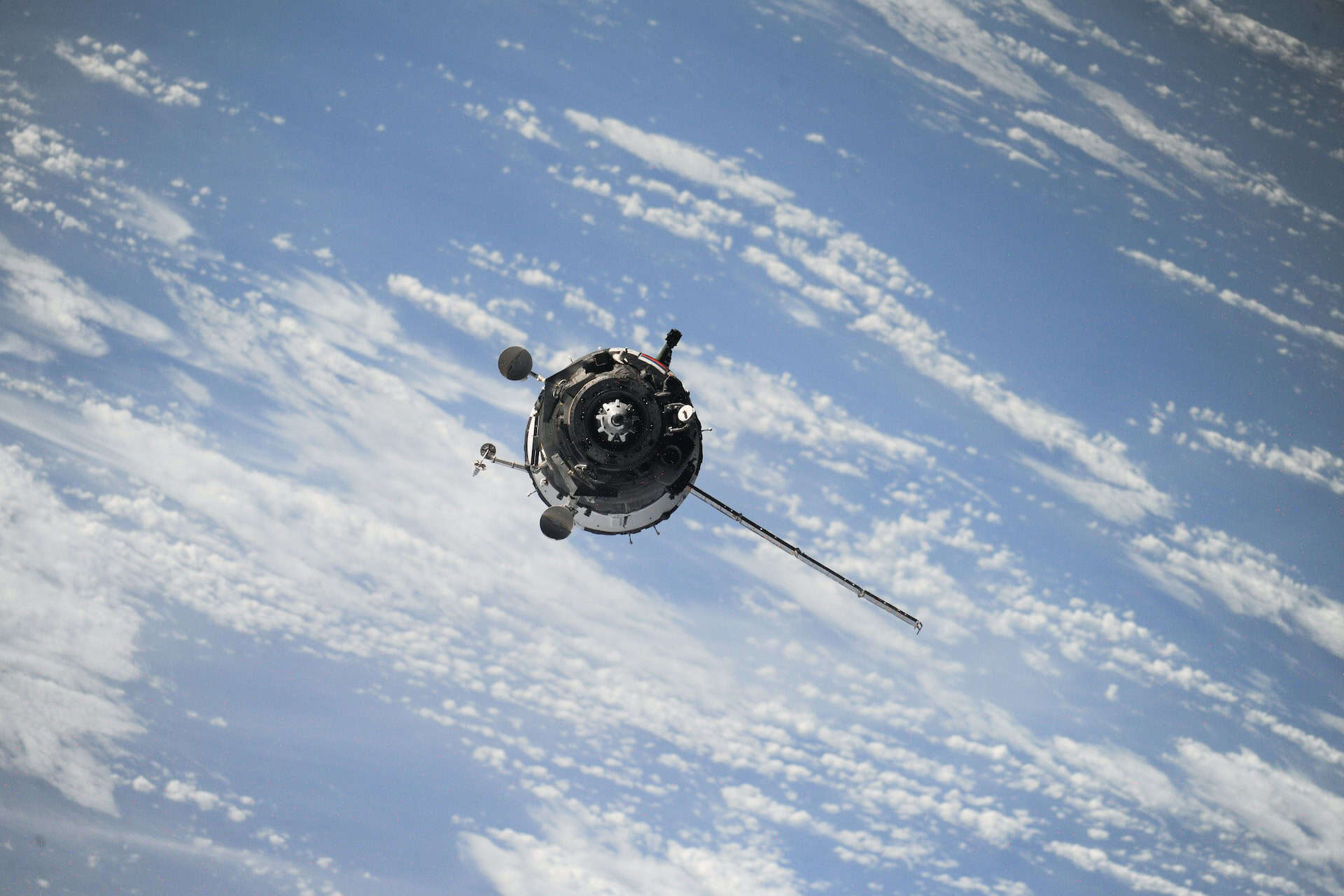The field of mining in space has been stirring the minds of enterprising people for quite some time. And right now, the Chinese company Origin Space from Beijing is preparing to make the first real steps in this direction. These steps will be the launch of a small satellite NEO-1, weighing about 30 kilograms, which in November this year will be launched into heliosynchronous orbit at an altitude of 500 kilometers using a Long March rocket. Note that this small spacecraft will not be directly engaged in mining, its purpose is to verify and test several technologies that will be used by Origin Space in the future.
“The purpose of this mission is to test and demonstrate several features, such as the ability to perform orbital maneuvers, simulated small space body capture, intelligent control, orientation and identification technologies,” says Yu Tianhong, one of the co-founders of Origin Space.
The second Origin Space mission will be the Yuanwang-1 (Look up-1) mission, code-named Little Hubble, which is slated for launch in 2021. The space platform, which is being developed by the company DFH Satellite Co., Ltd. is a subsidiary of the Chinese state space company CASC, will carry an optical telescope that will search, study and monitor the movement of asteroids close to Earth. Representatives of Origin Space say that the ability to identify and track suitable targets is key to resource extraction technology in space.
In parallel with all this Origin Space company is preparing to launch a lunar mission NEO-2, scheduled for late 2021 or early 2022. Mr. Yu Tianhong says that the program of this mission is not yet defined to the end and, with a high percentage of probability, it will include a landing on the lunar surface. Interesting is the fact that the device NEO-2 will reach the moon is not quite traditional way, it will enter Earth orbit, and with the help of his engine will constantly raise the height of the orbit, until it will reach the point of exit into a circular lunar orbit.
And to conclude, Origin Space is far from the first company in the world aimed at mining in space. There’s also the American company Planetary Resources, founded in 2009, the American company Deep Space Industries, and the Japanese company iSpace, which just got its first funding for a lunar mission. But all of these companies are a long way from taking the first real steps, as the Chinese plan to do in the very near future.
“Planetary Resources is a pioneer in this field, and they have had to face a lot of challenges. As you can see from the current situation, they are short of funds, which is preventing them from realizing the most important phases of their projects,” says Mr. Yu Tianhong, “But we started right away with unhurried, orderly work, which slowly and surely should lead to the realization of such epochal projects, which promise to bring enormous revenues in the future.”


